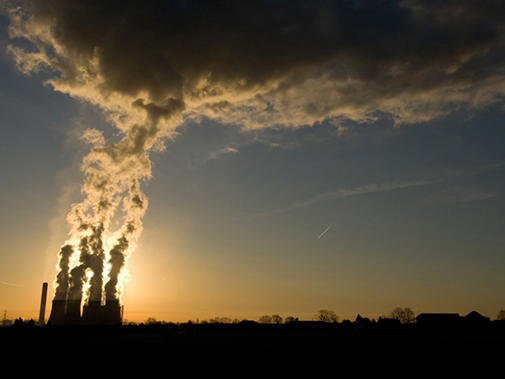We are calling on the UK Government to stop subsidising fossil fuels, reduce air pollution, and improve access to green space to protect health.
We have worked with other health organisations such as UK Health Alliance on Climate Change, Royal College of Nursing, Royal College of Psychiatrists, and Royal College of Physicians to highlight these concerns in a UK policy brief published by the Lancet Countdown on Health and Climate Change.
Specifically, we have called for action to:
- End all subsidies, investments, new licences and consent for fossil fuels while ensuring a just transition to renewable energy
- Adopt a legally binding commitment to reducing fine particulate air pollution (PM2.5) to the World Health Organisation’s interim target of 10 µg/m3 by 2030 with a future objective to achieve the WHO recommended guideline of 5 µg/m3
- Create equitable access to green space by prioritising protection and development of high-quality natural places to ensure everyone has a local park within a 10-minute walk.
Climate change poses a major threat to health and many of us are already seeing the impact of air pollution and climate change on our patients.
In 2020 air pollution was linked to nearly 27,000 deaths in the UK, with those living in most deprived communities being most affected. Yet the Government is still not doing enough to protect us. Last year it actually committed significantly more resources to supporting fossil fuel-based energy than clean energy sources.
It is crucial the Government commits to transitioning to renewable energy sources, invests in clean energy, and transforms urban environments not only to improve air quality but also enhance the physical and mental wellbeing of the population.
This is a very important issue for the BMA – our members and our staff, with us declaring a climate emergency in 2019.
We have welcomed the opportunity to work with other health organisations in raising awareness of the effect of climate change on health. This policy brief will be a great resource for our lobbying work in this area and highlighting our calls to action to ministers and other decision makers. We will not stop calling for change until government fully commits to protecting the public health of the population, as well as our planet.
Dr Latifa Patel is BMA representative body chair

